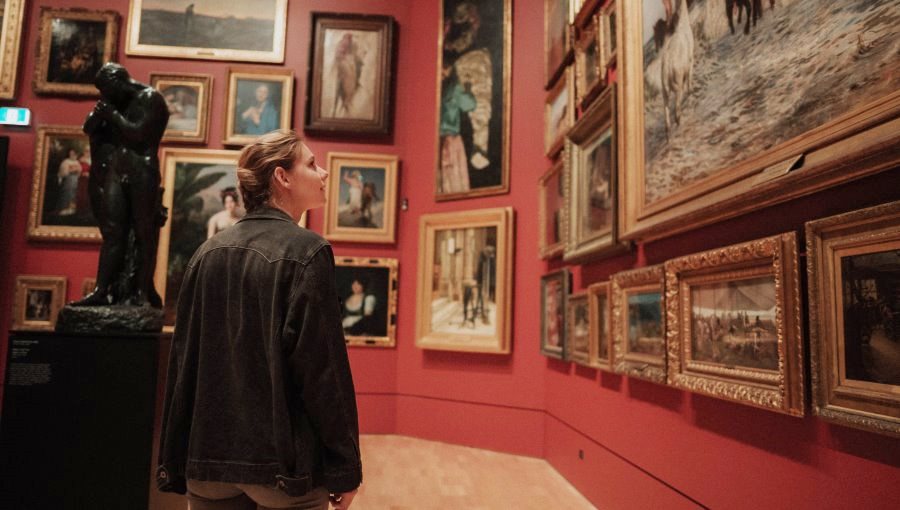JCU Welcomes Antonio Lampis from Italian Ministry of Cultural Heritage and Tourism
On October 17, 2018, JCU welcomed Antonio Lampis, General Director of Museums of the Italian Ministry for Cultural Heritage and Tourism (MIBAC). Lampis held a special lecture as part of the “CE-DGT 504 Museums, Exhibitions, and Events” course taught by Professor Giulia Ghia, part of the Continuing Education Program in Management and Digitization of Cultural Heritage.
Lampis began the lecture by explaining what his mission has been since he started working in the culture industry: making culture accessible to everyone, especially to those who are usually excluded from it, such as people who are not involved in cultural environments on a daily basis or who simply lack a genuine interest in cultural heritage. As a result, he identified a problem and summarized it by asking: “How can we attract people to cultural sites and push them to leave the comfort of their homes?” He described how culture is something that has an extremely high activation cost, which is the metaphorical cost people feel they have to pay to change their habits and engage in a new and unusual experience.
It was then that he realized that the best way to solve this problem was to apply management skills and techniques to the culture industry. For example, he suggested the use of guerrilla marketing strategies based on quantity of communication efforts, creation of emotions, and interconnection of interests, thus linking culture to other industries, such as food or sports. Moreover, the focus of communication should always be the idea that culture is indispensable because it creates wealth and is good for our health. Since culture allows people to have mental alternatives, making them freer, it is extremely important that they understand the social role of culture: every time someone experiences culture, s/he is enriched.
Lampis went on to demonstrate how he successfully used this new approach of promoting culture as a consumer product in his previous position in the city of Bolzano, where he managed to increase the number of people visiting museums and attending cultural events. Thanks to this result, Lampis was encouraged to apply his approach on a national level. “Culture must become part of things we cannot live without,” concluded Lampis.







